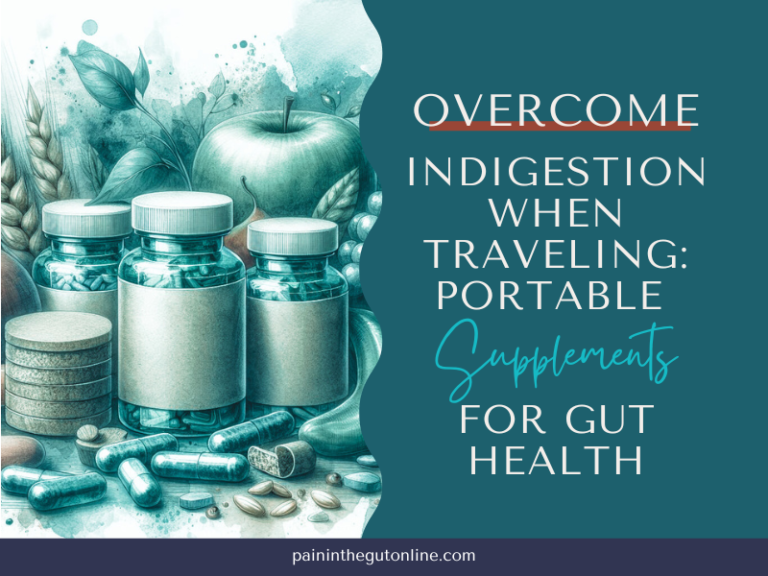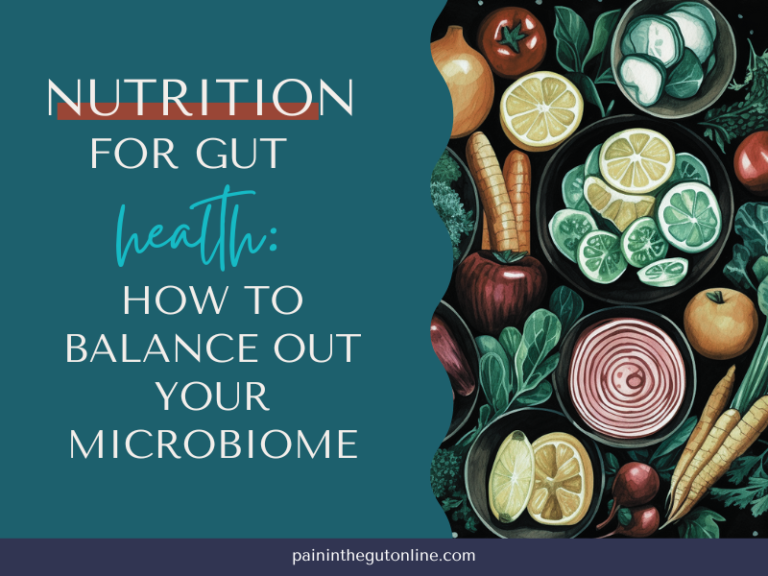HYDRATION IMPACTS GUT HEALTH
5 min read/ 786 words
Boost your gut health with proper hydration! Discover how hydration impacts gut health to nurture your well-being.

Hey there! So, you’ve probably heard about how staying hydrated is super important. But did you know it’s not just about keeping your skin glowing or your energy up?
Nope. Proper hydration plays a huge role in your gut health too.
Let’s dive into why pouring that glass of water is one of the best things you can do for your insides.
Table of Contents
How Hydration Impacts Gut Health: The Connection
First up: hydration isn’t just about chugging water. It’s about giving your body what it needs to keep things running smoothly—especially in your gut.
When you’re properly hydrated, digestion, nutrient absorption, and even the balance of your gut bacteria get a major boost.
Here’s why it matters:
Why Your Gut Loves Water
Water helps your gut break down food so your body can absorb all those yummy nutrients.
Plus, it keeps things moving (yeah, I’m talking about your poop) and prevents inflammation by maintaining your gut’s protective barrier. It’s like a bouncer for your digestive system, keeping the bad stuff out and letting the good stuff do its thing.
Dehydration and Your Gut Microbiome
On the flip side, not drinking enough water can mess with your gut microbiome (aka the trillions of bacteria that keep your gut and body happy). Dehydration can lead to constipation—and when things aren’t moving, your gut bacteria can get out of whack. That imbalance might even affect your immune system, digestion, and mental health.
Wild, right?
For more information on other factors that impact gut health, such as nutrition, exercise, sleep, and movement, be sure to explore our articles on nutrition for gut health, exercise and gut health, sleep and gut health, and movement and gut health.
Hydration and Digestion: The Dream Team
So, how exactly does water help with digestion? Let’s break it down:
Water’s Role in Breaking It All Down
Water is like the unsung hero of digestion. From the moment you start chewing, water moistens food, making it easier to swallow. Then it steps up in your stomach, helping break down food into tiny particles your body can absorb.
Bonus: water also keeps your digestive enzymes working at full speed.
Absorbing Nutrients Like a Boss
Here’s where water really shines: it helps your gut absorb nutrients and deliver them where they’re needed. It’s like a postal worker for your body, ensuring vitamins and minerals get to the right address.
Staying hydrated also keeps your gut lining strong, so it can do its job without letting harmful stuff sneak in.
The Dark Side of Dehydration
When you skimp on water, your gut starts to pay the price.
Here’s how:
Constipation Woes
Not drinking enough? Your colon swoops in to save the day by pulling water from your stool.
The result? Dry, hard poop that’s a struggle to pass. And guess what? Constipation can throw off your gut bacteria too, creating even more digestive drama.
Acid Overload
Chronic dehydration can cause your body to overproduce stomach acid, which might lead to acid reflux.
Over time, this can mess with your esophagus and even damage your digestive system. Yikes.
In addition to hydration, it’s important to address other areas of gut health, such as nutrition, sleep, and movement. By taking a holistic approach to your digestive health, you can support the overall well-being of your gut.
How to Stay Hydrated for Gut Health
Now that we’ve covered the “why,” let’s tackle the “how.” Here’s your game plan:
Find Your Magic Number
The general rule is about 8 cups (64 ounces) of water a day, but your needs might vary. Active lifestyle? Hot climate? You’ll probably need more. And don’t forget: foods like cucumbers, watermelon, and soups count toward your hydration goals too.
Choose Gut-Friendly Drinks
Plain water is great, but you can mix it up with:
- Herbal teas: Chamomile and peppermint can soothe your gut.
- Coconut water: Packed with electrolytes.
- Infused water: Add slices of lemon, cucumber, or mint for a flavor boost.
Ditch the Dehydrators
Sugary sodas and alcohol can actually dehydrate you. If you’re sipping on coffee or cocktails, balance it out with extra water to avoid gut troubles.
Ready to Pour?
Hydration is such a simple habit, but it’s got a big impact on your gut health. So, grab your favorite water bottle, keep it filled, and start sipping. Your gut will thank you! Want to make hydration even easier? Check out my Hydration Hero page for fun tips and tricks to make water your new BFF.
Cheers to a healthier, happier you!








